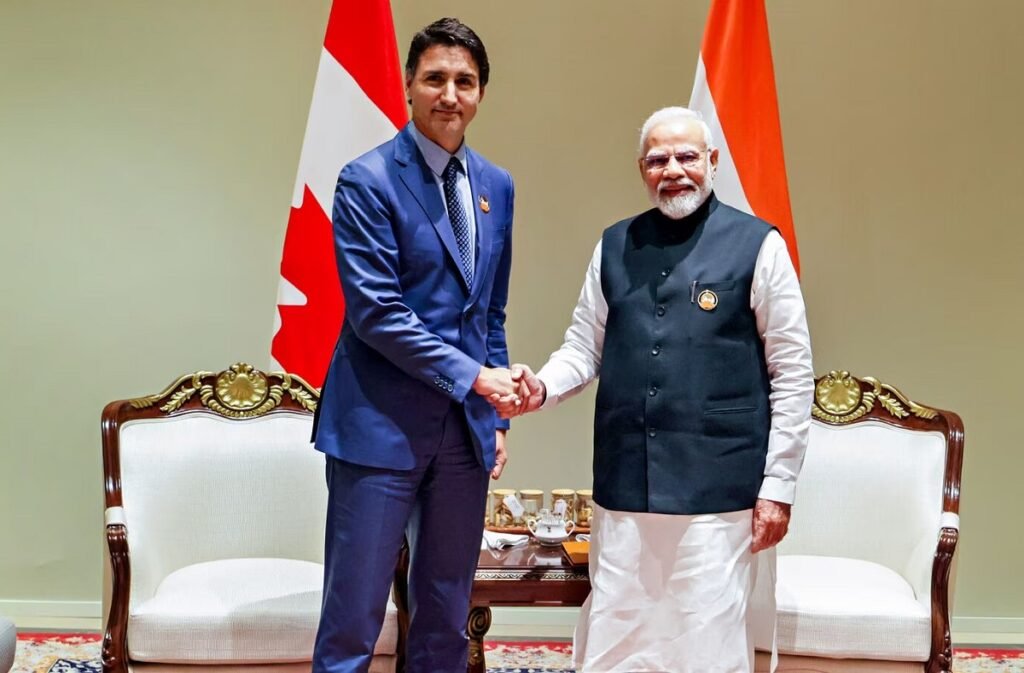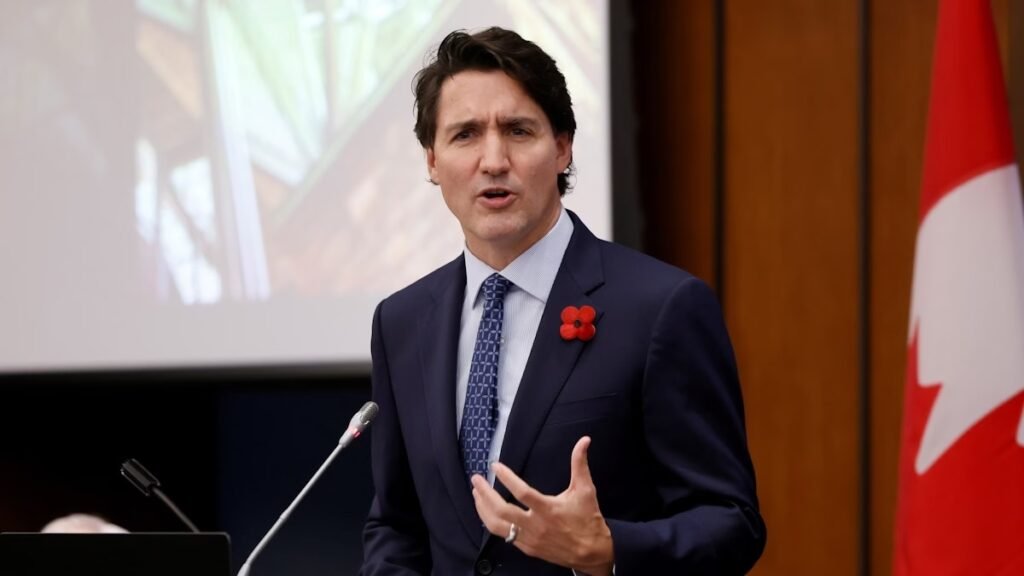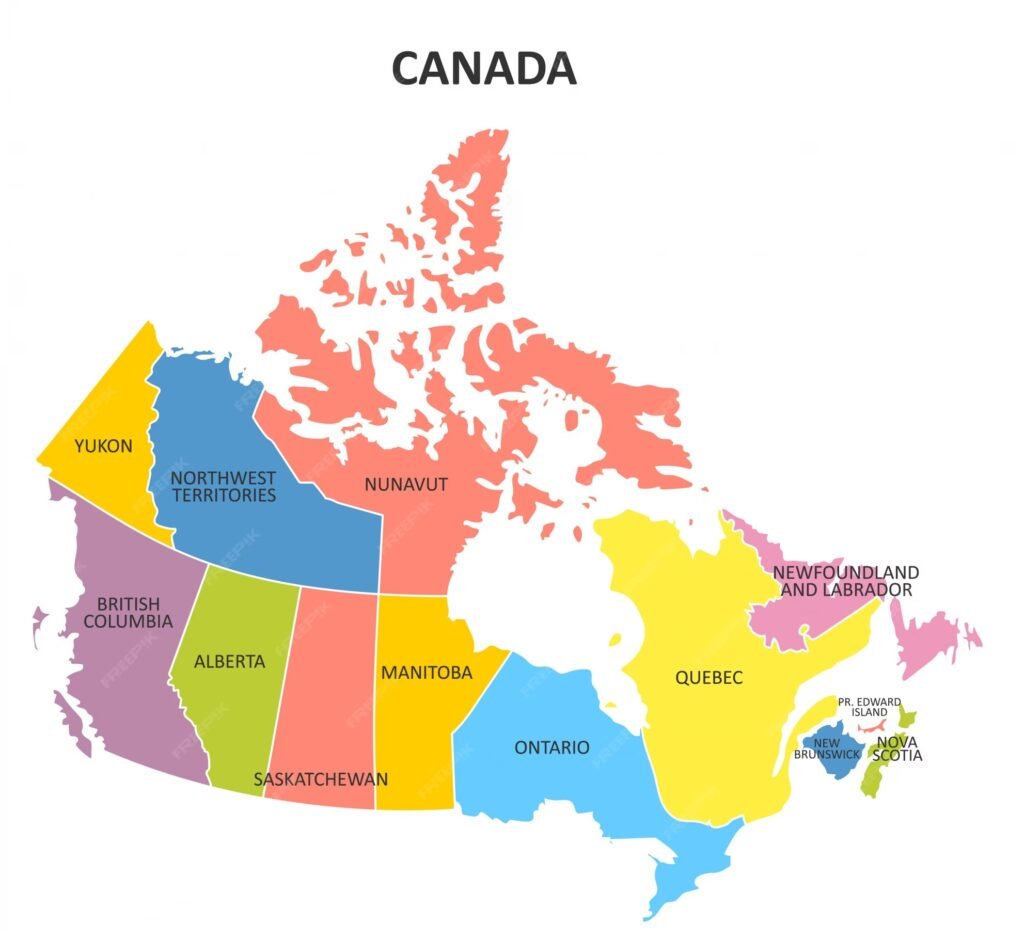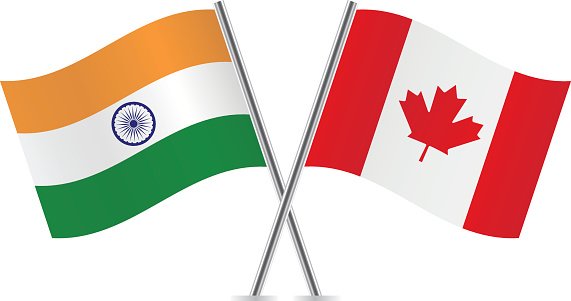Indo-Canada relations are facing multiple challenges in 2023 that require urgent attention and resolution.
India and Canada have enjoyed a close bilateral relationship for over 70 years. Indo-Canada relations have been strained in recent years due to various issues, ranging from diplomatic disputes to trade barriers. The two countries, which share historical ties and a large diaspora, have failed to capitalize on their potential for cooperation and mutual benefit.

Here are seven challenges that Indo-Canada relations face in 2023:
1. The Nijjar Assassination Controversy
The most serious challenge for Indo-Canada relations is the allegation by Canadian Prime Minister Justin Trudeau that India was involved in the assassination of Hardeep Singh Nijjar, a prominent Sikh Canadian leader and alleged Khalistani activist, on Canadian soil in June 2023.
India has denied any role in the killing and accused Canada of harboring anti-India elements. The two countries have expelled senior diplomats and issued travel advisories for their citizens. The controversy has damaged the trust and goodwill between the two governments and has inflamed the sentiments of the Sikh community in Canada.

2. The Khalistan Issue
The Khalistan issue, which refers to the demand for a separate Sikh homeland in India, has been a source of friction between India and Canada for decades. India has accused Canada of being soft on pro-Khalistan groups and individuals, who have allegedly used Canadian soil to carry out anti-India activities.
Canada has maintained that it respects the freedom of expression and peaceful protest of its citizens, but does not support any violent or secessionist movements. The issue has also divided the Sikh diaspora in Canada, with some supporting Khalistan and others opposing it.
3. The Trade Impasse
Despite having a bilateral trade agreement since 2011, India and Canada have not been able to finalize a comprehensive free trade agreement (FTA) or an investment protection agreement (IPA). The negotiations have been stalled by various issues, such as market access, intellectual property rights, agricultural subsidies, labor standards, and environmental regulations.
The trade impasse has prevented the two countries from tapping into their complementarities and synergies in sectors such as energy, agriculture, education, information technology, and infrastructure.

4. The Human Rights Concerns
Another challenge for Indo-Canada relations is the human rights situation in both countries. Canada has expressed concerns over the human rights violations in India, especially in relation to the Kashmir conflict, the Citizenship Amendment Act, the farmers’ protests, and the crackdown on dissent.
India has also criticized Canada for its treatment of its indigenous peoples, its record on racial discrimination and hate crimes, and its interference in its internal affairs. The human rights concerns have eroded the mutual respect and understanding between the two countries.
5. The Security Dilemmas
Indo-Canada relations also face security dilemmas in the regional and global context. India and Canada have different views and interests on issues such as Afghanistan, Iran, China, Pakistan, and terrorism. India sees Canada as a close ally of the US, which has often been at odds with India on these issues.
Canada sees India as a rising power that is challenging the existing world order and pursuing its own interests at the expense of others. The security dilemmas have limited the scope for strategic cooperation and dialogue between the two countries.

6. The Diaspora Dynamics
The diaspora dynamics also pose a challenge for Indo-Canada relations. The Indian diaspora in Canada is one of the largest and most influential in the world, numbering nearly 1.7 million people or 4.6% of the Canadian population. The diaspora has contributed to the economic, social, and cultural development of both countries.
However, it has also been a source of tension and controversy, as some segments of the diaspora have been involved in political activism, lobbying, fundraising, and propaganda for various causes related to India or their respective communities. The diaspora dynamics have complicated the bilateral relations and created pressures and expectations for both governments.

7. The Leadership Gap
The final challenge for Indo-Canada relations is the leadership gap between the two countries. The personal rapport and chemistry between Prime Minister Narendra Modi and Prime Minister Justin Trudeau have deteriorated over time due to their differences in personality, ideology, and style.
Modi is seen as a strong, decisive, nationalist, and populist leader who has pursued an assertive foreign policy. Trudeau is seen as a weak, indecisive, liberal, and progressive leader who has pursued a multilateral and humanitarian foreign policy. The leadership gap has reduced the frequency and quality of communication and engagement between the two leaders.
Copyright@IndiaCSR
Also Read: India-Canada Tensions: Anand Mahindra’s Bold Move Triggers Rs 7200 Cr Financial Upset







